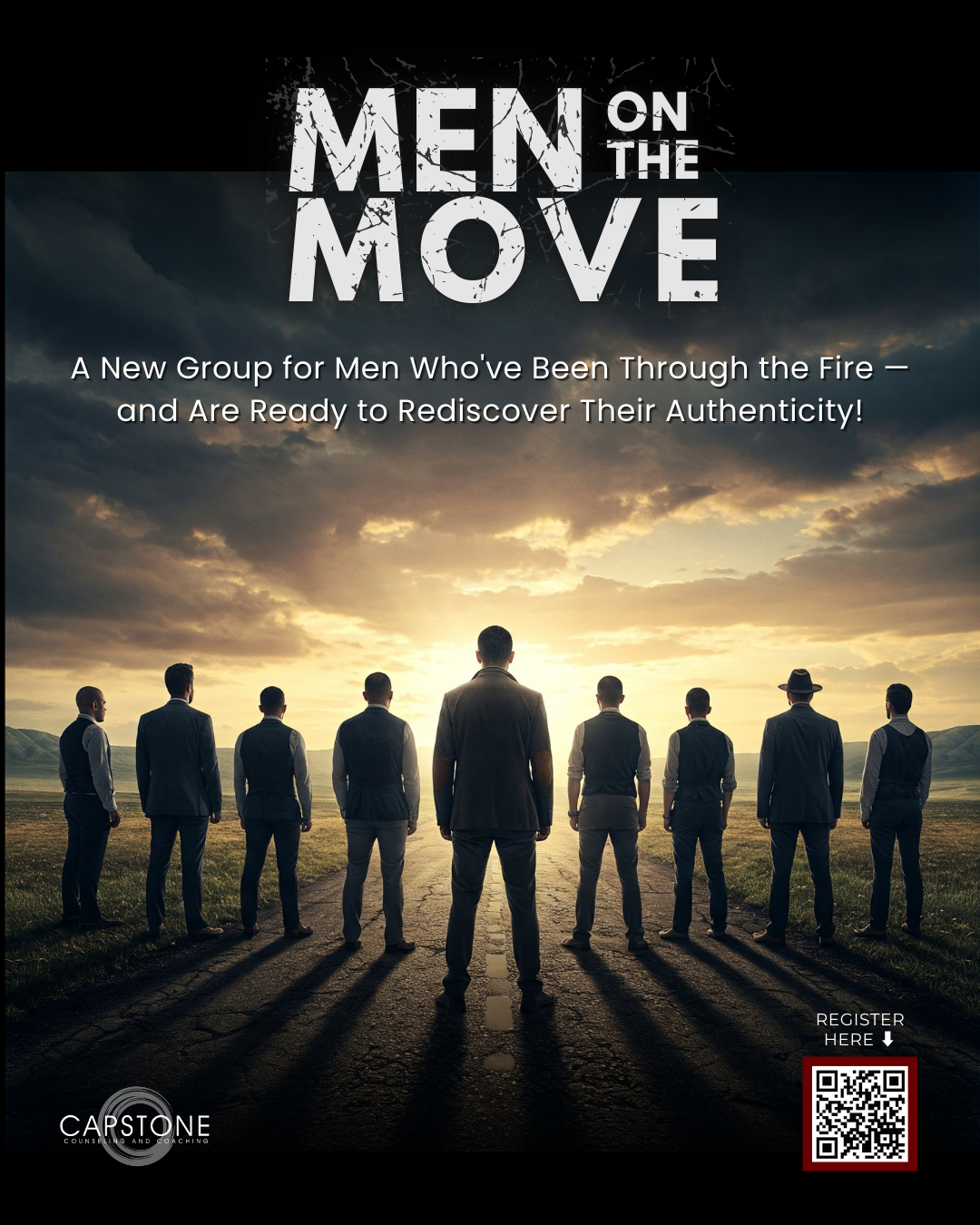How do you know if you're experiencing a trauma trigger?
Many people are living with unresolved trauma. As a result, many experience unmanageable physical or emotional reactions to specific situations. Some may not recognize the cause of a trauma trigger or realize the deep impact the trauma left behind.
In today's social and political climate, mental health issues are on the rise. Many are experiencing trauma triggers and living with the side effects. In this article, we'll help you learn how to identify a trauma trigger and suggest some tools to help you cope with your triggers.
What is a trauma trigger?
First, it's essential to know what trauma is and how it can affect you. Trauma is the result of any life-threatening or terrifying experience. Typically trauma causes severe psychological distress. As a result, those who experience trauma may be living with intense grief, anger, guilt, or anxiety. Many trauma survivors develop PTSD.
People who survive trauma may not realize the impact the event left behind. For many, they experience a time of shock or denial. As a result, they believe they have processed the trauma and that everything is fine. However, all it takes is a trauma trigger for that moment to come rushing back in. A trauma trigger commonly transfers a signal to the brain through one of the five senses. You may see, smell, or hear something that triggers the brain back into fight or flight mode. In an instant, you're reliving the event as if it's happening at the moment. Flashbacks can be as terrifying as the original traumatic event.
A trauma trigger can come out of nowhere. Likewise, a trauma trigger can cause uncontrollable physical or emotional reactions. Unresolved trauma can lead to unhealthy coping skills, such as addiction. Yet, with help, traumatic events can be processed and resolved. As a result, peace and happiness can return.
How to identify and cope with a trauma trigger
As you begin to process your trauma, it will become necessary to identify what a trauma trigger feels like. An accelerated heart rate is one common physical reaction. Other symptoms include shaking, sweating, or shallow breathing. Likewise, emotional reactions include feelings of intense anxiety, fear, or helplessness. As a result, triggers can lead to depression, sleeplessness, irritability, and hopelessness.
However, there are tools you can use daily to cope with your trauma. Exercise and healthy eating and sleep habits can lower the intensity and frequency of triggers. Another beneficial tool you can turn to is writing. Writing down the details of your experiences is an excellent way to let your emotions out. Finally, there are therapeutic coping skills such as grounding, mindfulness, and deep breathing. Over time, it gets easier to stay in control when you're triggered. Likewise, you can teach your brain not to react to triggers. As a result, both emotional and physical responses to triggers can become manageable and even avoidable.
At Capstone Counseling, we are here to help you heal from any trauma you may have experienced. We're eager to help you identify your trauma triggers and teach you healthy coping skills. You don't need to suffer in silence anymore. Call us today.

Any experience that overwhelms a child’s ability to cope and leaves them feeling unsafe, helpless, or alone can have a negative lasting impact that may result in development of unhealthy patterns or behaviors. By age six, children are more aware of relationships and social dynamics, but they still lack the emotional tools to process complex or frightening situations.

Let’s say the quiet part out loud: Bullying happens. It happens in schools and churches, on the bus and online, between individuals and in groups…. And here’s a truth that’s even harder to face: Sometimes, your child may be the one getting bullied. And sometimes, your child may be the one doing the bullying. Either way, you hurt.

Let’s get something straight: You’re not broken. You’re not behind. And you’re damn sure not starting from zero! You’ve walked through fire—maybe more than once. The marriage that crumbled. The business that crashed. The gut-punch realization that the success you chased left you empty. Those weren’t failures. They were furnaces. And you didn’t walk out empty-handed. You earned the scars. You gained the wisdom. Now stop living on autopilot—and start building what’s next, with intention.

Capstone Counseling and Coaching is proud to unveil our remote neurofeedback therapy program—bringing this transformative brain training approach directly to your doorstep. Whether you're struggling with anxiety, managing ADHD symptoms, seeking better sleep, or simply optimizing your cognitive performance, neurofeedback offers a pathway to enhanced brain function and improved well-being—all from the comfort and convenience of your own home.

That moment is etched in your memory: your child, frozen with anxiety, unable to join their friends at the birthday party. Or perhaps it was their first day of school or a routine doctor's visit that triggered an unexpected meltdown. As parents, these moments hit us like a physical force – we feel our child's fear in our own bodies, and our instinct screams to protect them at all costs. What if the most powerful way to support your anxious child isn't about changing their behavior at all, but about transforming your own response to their anxiety?







